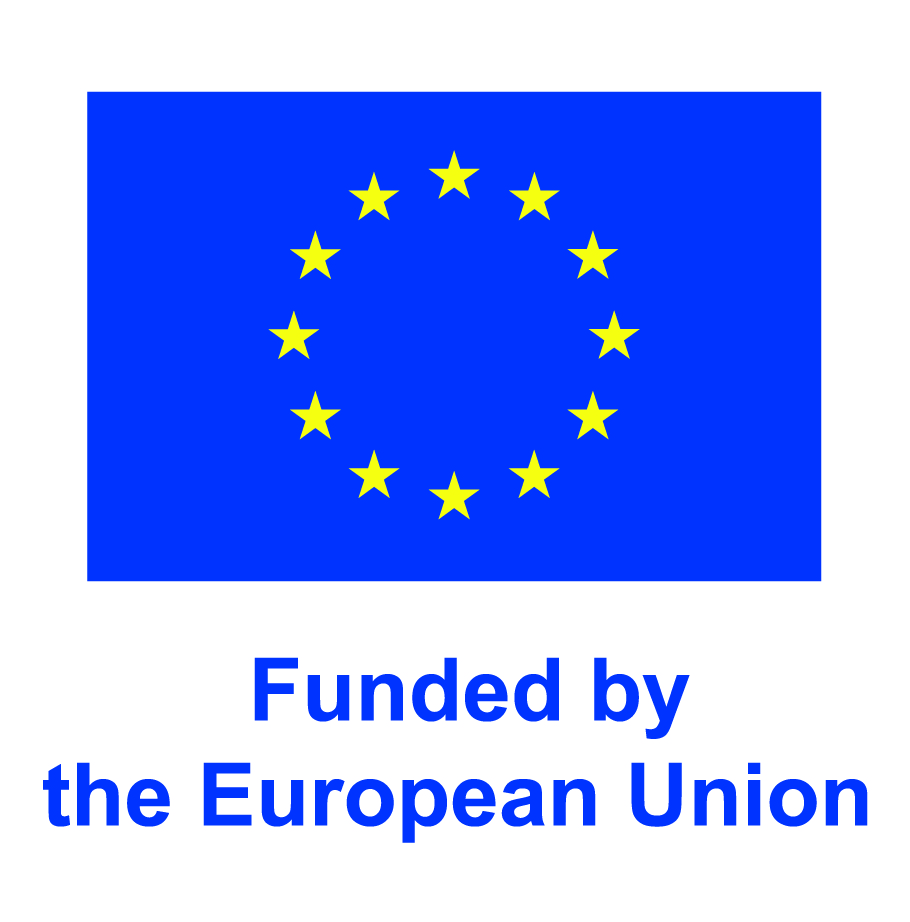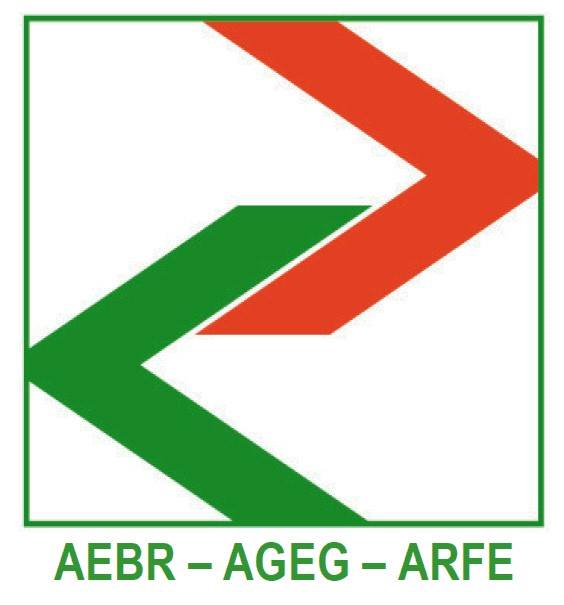Reporter at URBACT – support the Interreg Cohesion Policy (post 2027)
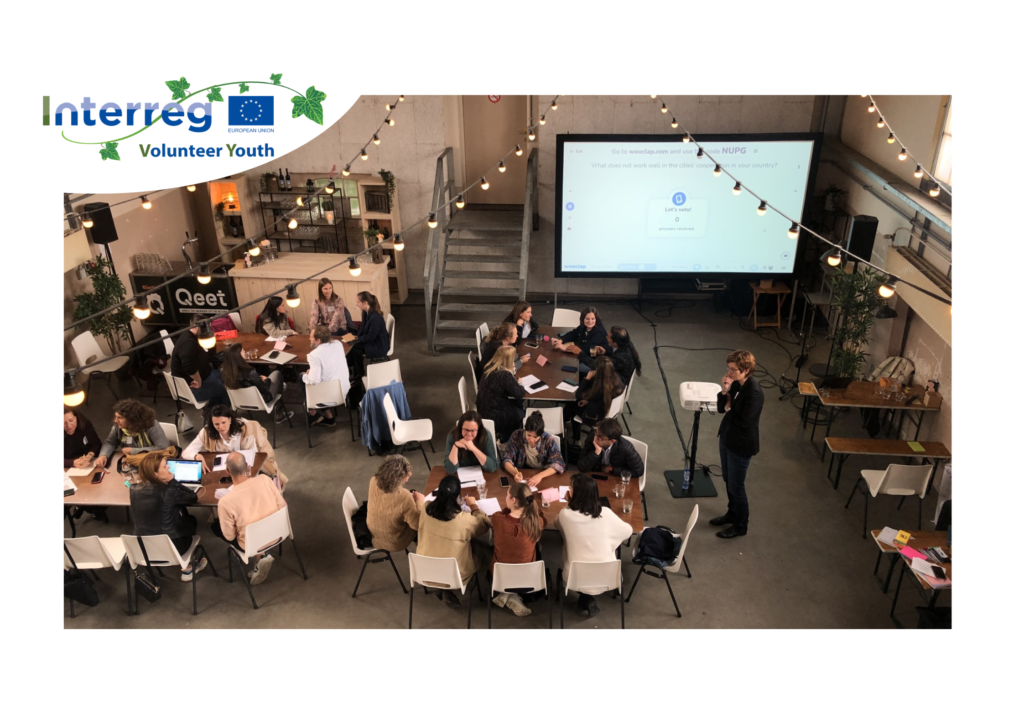
With an international background as a French-Ecuadorian young woman, I am interested in how regions, and more specifically, cities can cooperate to co-design a better urban future. I am participating as an INTERREG Youth Volunteer (IVY) reporter at URBACT supporting the INTERREG consultation on the European Future Cohesion Policy (post 2027), its regional policy which aims to reduce disparities between Europe’s regions through cooperation and provides support to each region to foster their development. As an Interreg programme, URBACT implements Cohesion Policy at the local level by enabling cooperation and knowledge exchange among European cities. Organised within thematic networks to foster sustainable; inclusive, smart, and green urban development, URBACT support local action combined with EU learning. URBACT enables this knowledge exchange through networks. These bring together EU cities willing to exchange ideas and produce integrated local policies and actions with the help of peers, local stakeholders, and URBACT experts. URBACT is contributing to the INTERREG consultation on the future of the Cohesion Policy and territorial cooperation from a local, urban perspective starting with an online survey, which is running from 26 March to 31 July 2024. The outcome of the consultation will not only evaluate the current programmes’ performance, but also shape the next URBACT programme and inform the future Cohesion Policy. As an IVY Reporter, I am supporting the URBACT consultation, through communication, and organisation of workshops and discussions to collect data. My responsibilities include writing articles for the URBACT and INTERREG websites, creating social media content, and organizing and moderating workshops and discussions to collect qualitative data. Notably, I moderated the consultation events at the URBACT Lead Partner Expert meeting in Paris (May 15-16), the National URBACT Point in Utrecht (June 12-13), and the URBACT Monitoring Committee meeting in Ghent (June 27-28). Besides, as an IVY I am particularly interested in involving the youth in the consultation, Therefore, I co-organized consultation events with Brežice, host of the European Youth Event (EYE 2024), and Ghent, European Youth Capital 2024. The URBACT programme has always strived to respond closely to cities needs, and its method allows cities to cooperate and learn from each other to find innovative solutions to common challenges. To make a good case for the future of the URBACT programme, it is important to have as many contributions as possible from the consultation. Cities and citizens know best what they need to improve in their cities, so it is important that URBACT shapes its future programme together through the survey and the overall consultation. – Ana Francisca, IVY Reporter at Urbact Discover more about URBACT Click Here
My experience as an IVY Volunteer for the StrategyMedFor project, in Malaga
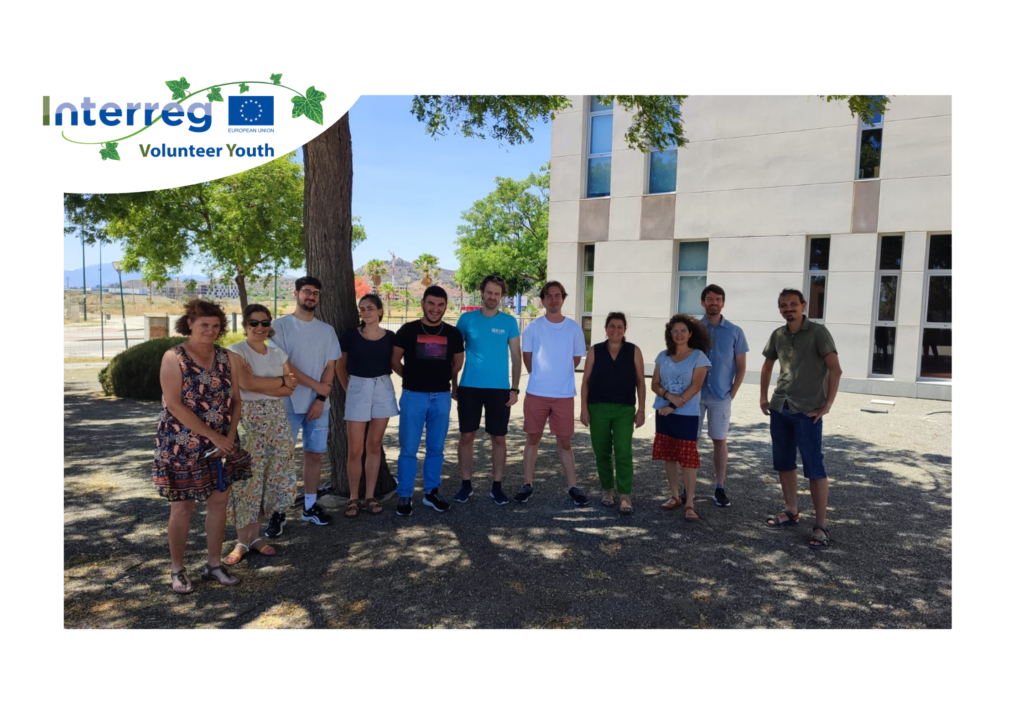
Hello everyone, I’m Meritxell! I’m more than halfway through my experience as an IVY volunteer for the StrategyMedFor Interreg EuroMED project, led by the the European Topic Center for Spatial Analysis and Synthesis (ETC-UMA), in Málaga, Andalucía’s sunniest and busiest city, at the heart of the Mediterranean. Allow me to share a bit about my IVY experience! The ETC-UMA is an international research center within the University of Málaga. Since 2011, ETC-UMA has been supporting the development of knowledge and tools to inform evidence-based policy. The team possesses wide expertise in ecosystem assessment and monitoring. It focuses on various environmental and socio-economic domains, including ecosystem management, environmental conservation, and territorial planning, all from a geographical perspective. StrategyMedFor is a cooperative initiative (2024-2026) aimed at developing a Strategy for the Sustainable Management of Mediterranean Forests (SSMMF). Mediterranean forests are renowned for their rich biodiversity and vital ecosystem services. However, these important natural resources face numerous direct and indirect pressures, increasing their vulnerability to disturbances and ecosystem degradation. Despite their increased coverage in recent decades, the condition of Mediterranean forests requires urgent action to enhance their resilience to global change through improved management. StrategyMedFor will contribute to the conservation and enhancement of these forests, addressing the needs and knowledge gaps in strategies and action plans for their sustainable management. The project’s outcomes will provide a common strategy and framework. Through collaborative efforts with partners, the project aims to establish a reliable database covering the entire Mediterranean basin, advancing collective knowledge and fostering better-informed decision-making. Where do I fit in this crucial mission? My tasks mainly alternate between communications work and support for project management. For example, I am currently transforming information about three project pilot sites, rich natural environments located in different parts of the Mediterranean, into an interactive StoryMap. By using the power of storytelling, we aim to create a communication product that turns a point on a map into a vivid real place in the minds of others, highlighting their beautiful landscapes, culture, specificities, and challenges. My routine at the ETC-UMA offices in Málaga is very enjoyable. Everyone is keen to help me when I’m lost, and they don’t hesitate to call me if they need my support. I really look forward to the coffee and lunch breaks, where I can always share a laugh with my colleagues. The team is very multicultural, and I relish finding cultural differences we can discuss. Cohesion policy is at the heart of the European Union’s strategy to reduce imbalances between countries and regions. It represents an important opportunity for young people. It is a pleasure to support European Territorial Cooperation and solidarity across the Mediterranean, helping to promote such an essential policy! – Meritxell, IVY Project Partner for Interreg Euro-MED project “StrategyMedFor” at the European Topic Centre – University of Malaga (ETC-UMA)
My IVY Experience for DIGITAL ETHICS CULTURE, INTERREG project under the progarmme Italy-Croatia
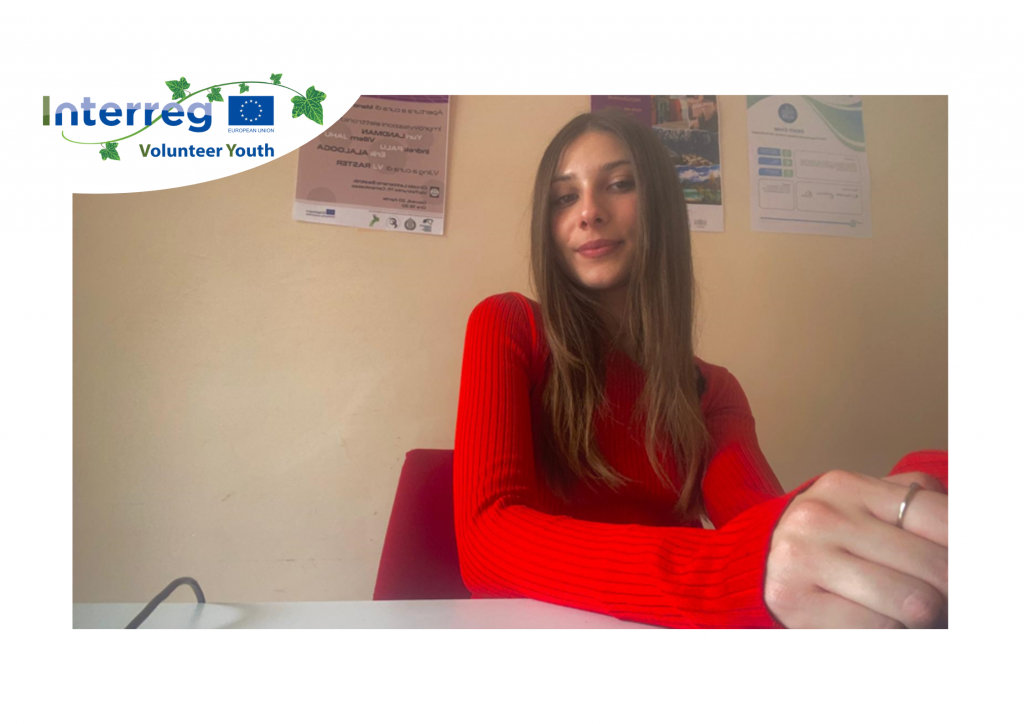
During my involvement in the D.E.C. (Digital Ethics Culture) project, I had the opportunity to contribute to an initiative aimed at providing a territorial analysis of the main gaps in citizens’ knowledge and awareness regarding the use of new technologies and the internet. The project aims to identify specific areas where citizens and young people encounter the greatest difficulties and provide them with the necessary tools to manage new technologies consciously. Throughout these three months, I had the opportunity to contribute to the project through various activities: Participation in project meetings: I collaborated with project partners and stakeholders, both locally and cross-border. Management of the project’s social media: I handled the project’s online presence, sharing news and results to increase visibility and awareness. The specific objective of the project is to create tools and methods that young generations can use to autonomously manage new technologies without being subjugated by them. To achieve this goal, the project focuses on analyzing three main areas: European legislation on data protection, cybersecurity, and the challenges and opportunities offered by artificial intelligence. The approach of the D.E.C. project aims not only to ensure compliance with data protection regulations but also to promote technological awareness among citizens and young people. Through concrete and specific actions, the project aims to provide practical tools that enable future generations to manage new technologies responsibly and consciously. – Sabrina, IVY Project Partner at the Eurelations Eeuropean Economic Interest Grouping – Eurelations EEIG for the Interreg Italy-Croatia Project “D.E.C.” Discover more about the D.E.C. project Click Here
Shape a better tomorrow!
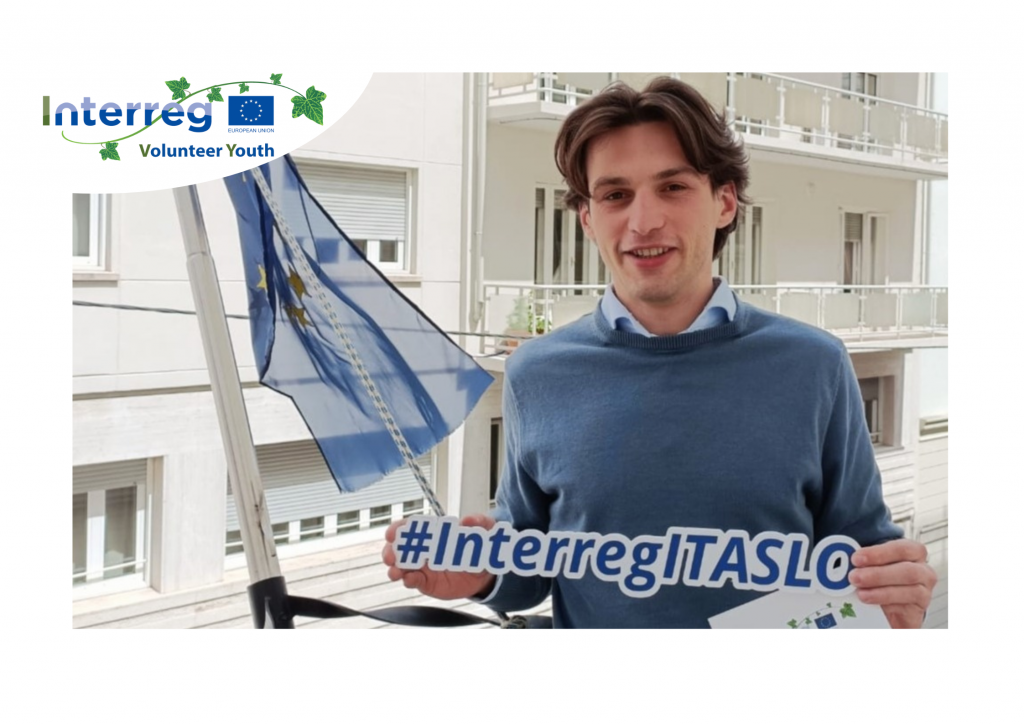
Hey there, I am Luka, and I would like to share with you what my IVY experience has been so far. It has been a month and a half since I first stepped into the offices of the Manging Authority of the Interreg VI-A Italy-Slovenia Programme in Trieste and I am writing this to present to you, future IVYs, what such volunteering experience entails. I must admit that the first days were quite hard, a new environment, a new desk, and especially new colleagues, quite a lot to digest and get used to! But I soon found out that the work atmosphere is really relaxed, everyone is always ready to answer my questions, listen to my proposals and quickly jump to my rescue when I find myself in doubt. My role as an IVY reporter is to promote what the Interreg Programme does as an active member of the communication team, so as everyone can imagine my daily tasks are publishing content on the Programme website, revise and help with the writing of the brochure to present the state of the art of the projects cofinanced by Interreg Italy-Slovenia Programme, take part in the weekly meetings with the rest of the communication team, writing emails and much more. I also had the opportunity to be present at the 5th Monitoring Committee of the Interreg VI-A Italy-Slovenia Programme held on March 21st and 22nd 2024, this was something different from the usual day to day office work and was also the occasion for my first study visit of one of the partner’s sites of the MEDS GARDEN+ project. The prospect of an office job could sound a touch boring and always the same, but it is not. There is always something new and exciting to discuss and learn. Sure, it is quite a steep learning curve, getting used to the terminology and to the new role is not always easy. However, all the challenges and the opportunities that this IVY experience has presented so far were all moments of enrichment, of learning what volunteering in an atmosphere that promotes cooperation and shared European values is. I would strongly recommend to try it for yourself. Apply and become an IVY and help to promote what cooperation is and how can be implemented. It is an opportunity to challenge yourself, have fun and learn something new, an experience where you can participate in shaping our common future. Sure, everyone has a different memory, a different experience, however I am sure that this volunteering opportunity can help you, young people, to be prepared to work for a better cooperation and with that help to build a Europe ready for future challenges. Say YES and help shape a better tomorrow! – Luka, IVY Reporter at the Managing Authority of the Programme Interreg Italy-Slovenia
My IVY experience as a volunteer for the Interreg project “BeyondSnow”
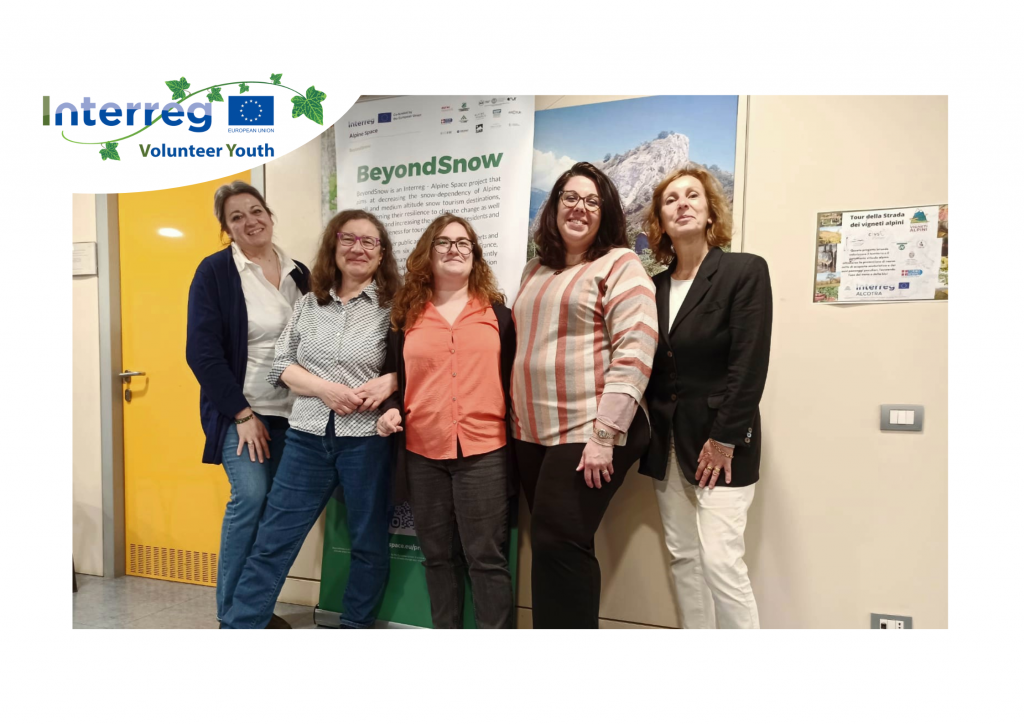
Hi, I’m Irene, a 25-years-old IVY volunteer for the Interreg Alpine Space project “Beyond Snow” at “Metropolitan City of Turin” and here are some highlights of my experience up to now. During my internship at “Metropolitan City of Turin”, I discovered the opportunity to be an IVY volunteer for an European project connected to rural and mountain development, issues which I’m really interested in. In fact, the project “Beyond Snow” aims to face climate change challenges in ski mountain areas in 6 Alpine Region (Italy, France, Switzerland, Germany, Austria and Slovenia). Regarding the Metropolitan City of Turin the pilot area is formed by the municipality of Ala di Stura and Balme, in the Valli di Lanzo. And so, at the end of February, I started my IVY experience! As Interreg Project Partner, I supported my mentor in mapping territorial data useful for the project, in particular tourist, cultural and human resources to be valorised in the pilot area of the project. After that, I cooperated in designing a participative involvement of the local communities, to discuss strategies for a sustainable development of the area. I took part in those workshops and was so interested in discovering local dynamics, following and participating in the discussion. At the same time, we analysed the data collected with the winter tourist survey, in order to discover what they need more to develop tourism in that area. Furthermore, I supported in writing down questions for the summer survey that will be launched on 17th may. What I learnt thanks to this experience? As a IVY volunteer, I had the opportunity to know how a European project is built and how it works and the opportunity to meet the lead partners. I learnt how to improve tourism in mountain areas and to select what is important for a tourism development, such as cultural and historical heritage, and not only trekking trails. I liked to meet local people when we spread the winter survey among the territorial stakeholders (e.i. owners of farms and local stores, tourism operators): in this way I could know their ideas about the project and their willingness to cooperate to develop tourism valley. What I appreciated most about this experience? Definitely the opportunity to coworking in the development process of this project, to exchange opinions and ideas to empower the mountain areas and the cooperation between project partners of different areas but with common problems. All the activities that I described until now, in my opinion, are functional to promote the cooperation between different European countries and to enhance the power of local communities that have to be involved in the local development. – Irene, IVY project partner for the Interreg Alpine Space project “Beyond Snow” at “Metropolitan City of Turin”. Discover more about the Beyond Snow project Click Here Discover more about the host organisation Click Here
I’m Blue, experience of an IVY volunteer at ATLIC
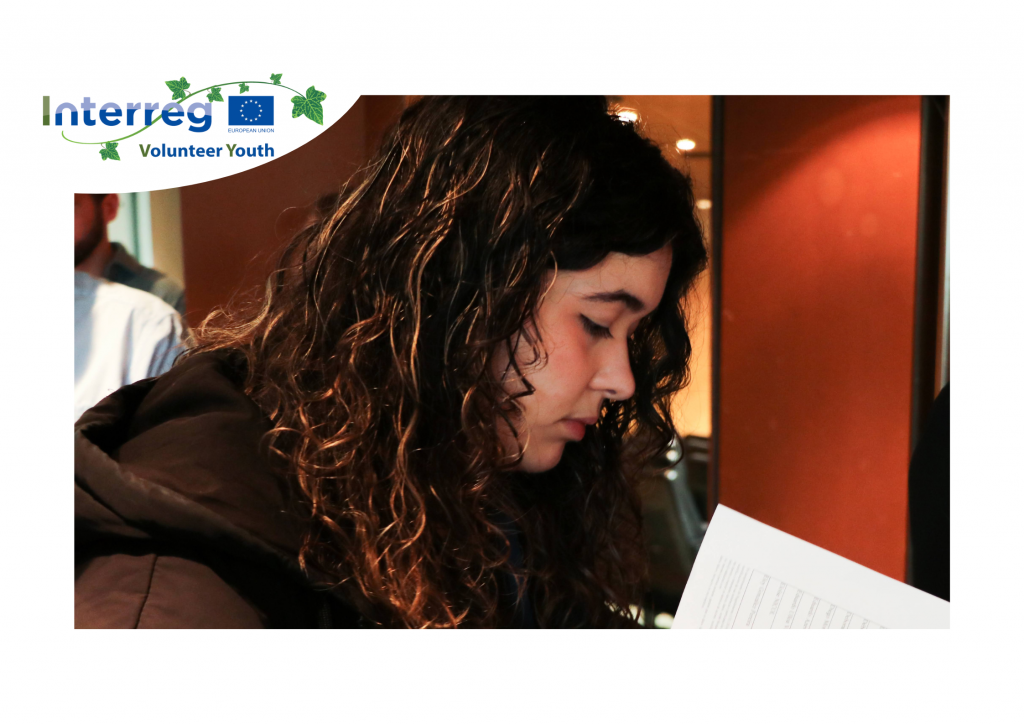
Hello everyone, today I come to tell you a little about my experience as an IVY volunteer in Lugo, Spain. But first of all, let me introduce myself, I am Marta, a Graphic Design student and for the past two years I have become interested in the world of volunteering. When I started to participate and be part of activities of this kind, I was quite lost, but a few months ago I had the opportunity to participate in IVY, in a project that fits with what I like the most and what I will dedicate myself to in the future. I didn’t think twice and quickly sent in my application. The main objective of ATLIC is to raise awareness and educate about the blue economy, as well as demonstrate its importance, as it can be beneficial in many aspects. For this reason, this project has several phases. The first phase starts with each of the associations or partners, who have to gather a group of young people to instruct and help them develop their own ideas through talks, meetings, and workshops, according to the needs of the participants and their ideas. From there, the second objective of the project would be to connect young people through activities that bring them together for the creation of innovative ideas or prototypes on the blue economy and its various topics. These events are first at a national level and then internationally. In this way, we create a coexistence among people both within and outside the country, not only with similar tastes or interests but also with the same desire to contribute their bit to these activities that seek to promote a more sustainable future. As time passed and I sent in my documents, I learned about ATLIC, an Interreg Atlantic Area project that seeks to raise awareness about the blue economy and how it can help in the future. However, my work was going to be more focused on creating and developing materials for the project, as well as helping in the creation and management of events. All of this is something that personally caught my attention and were more than enough reasons to want to participate in some way. In my case, I not only participate in the different events or activities, but as a volunteer I perform other functions related to graphic design, specifically with the creation of the studio’s identity, branding studio, and the design of other elements that are needed to promote this project. Since I arrived, I have not only been able to improve in aspects of graphic design, but this opportunity is also helping me connect with other young people with similar goals to mine and learn more about the blue economy and everything it encompasses. I’m blue, and you? – Marta, IVY Project Partner for the Interreg Atlantic Area project “ATLIC – ATLANTIC INNOBLUE COMMUNITIES” at Vida Lactea, SLU Discover more about the Interreg project ATLIC Click Here Discover more about our host organisation Vida Lactea, SLU Click Here

